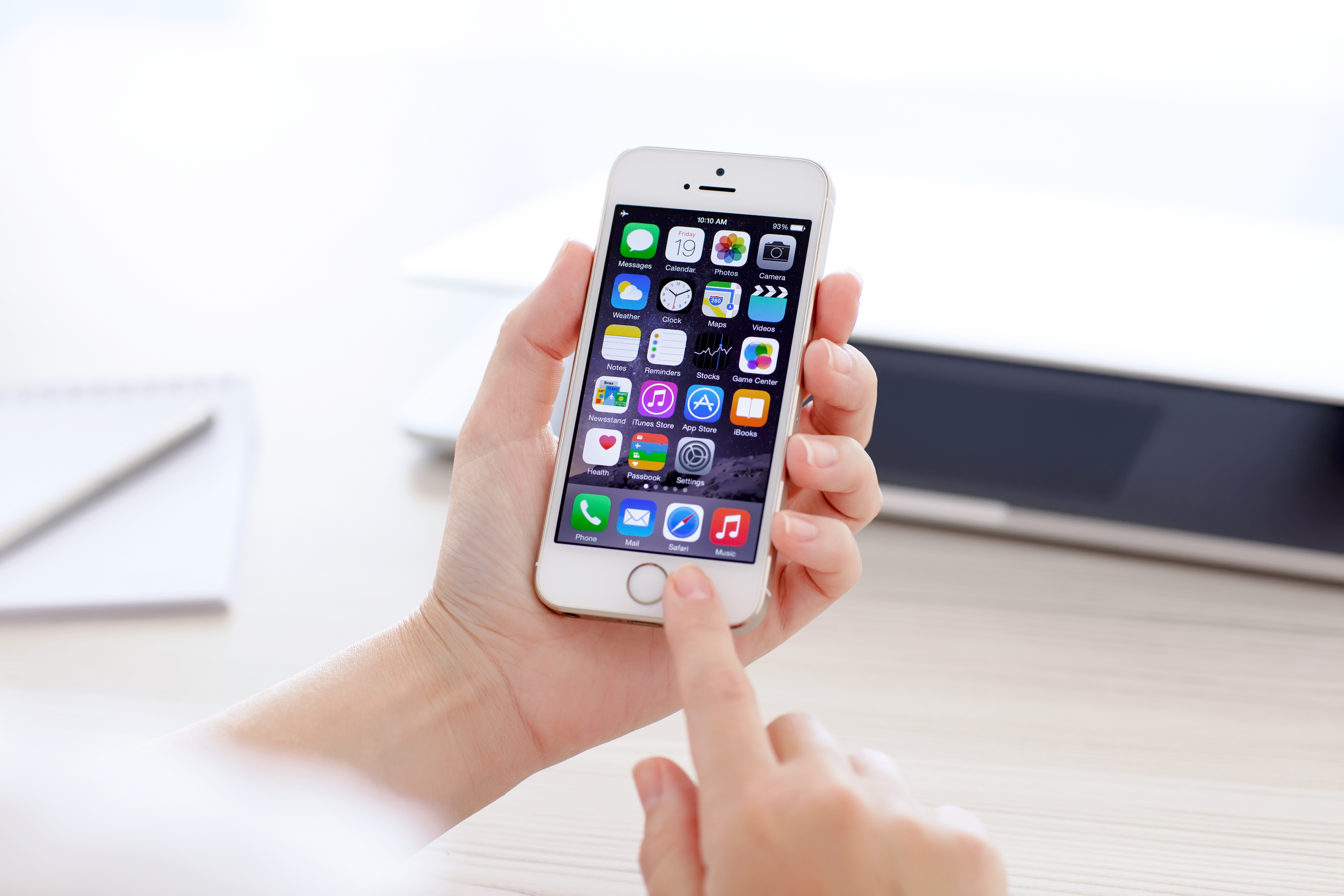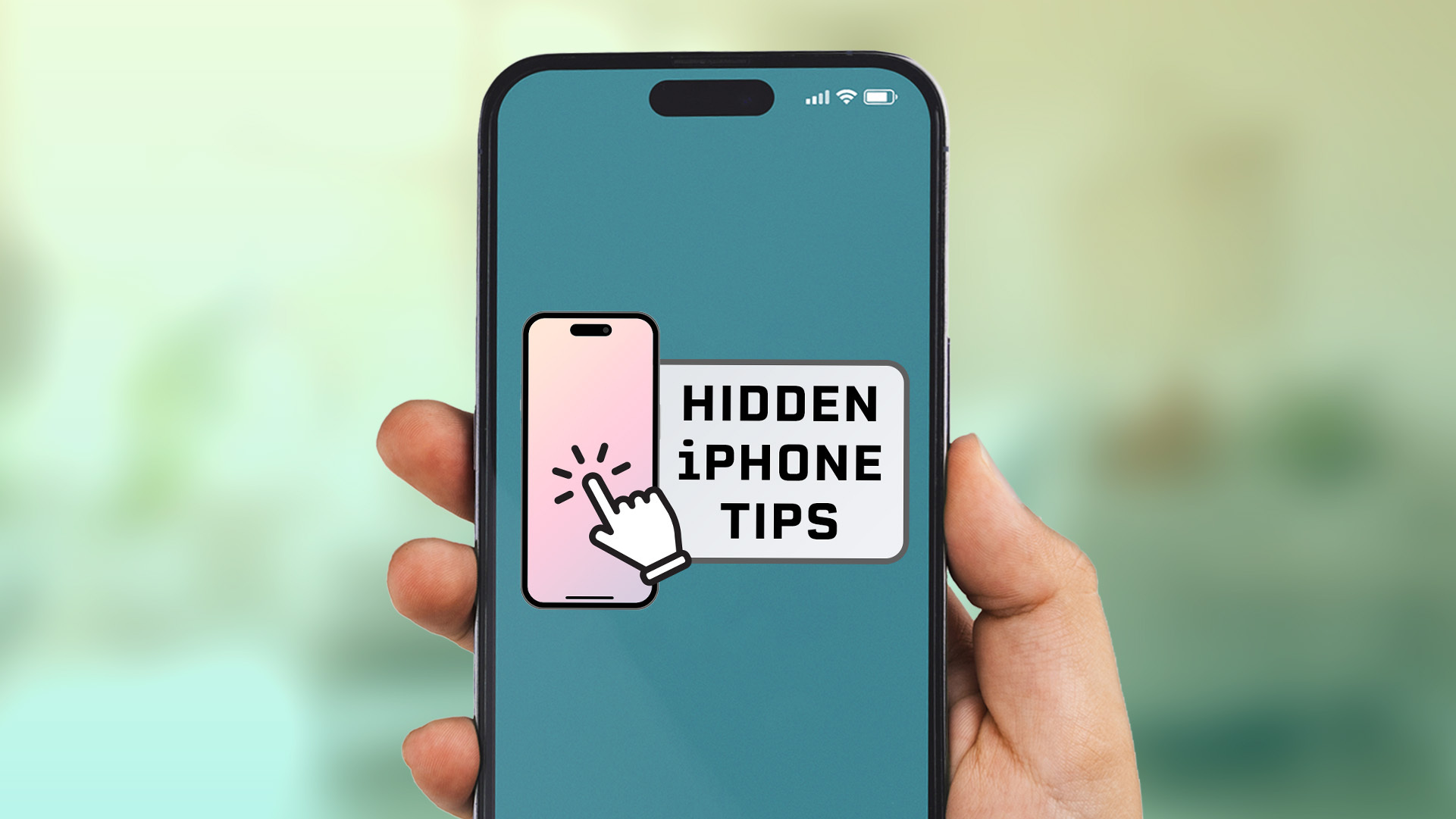iPhone 5s and other older Apple devices just got a surprise security update — what you need to know
The iPhone 5s is almost a decade old, but it just got another security update

Here at Tom’s Guide our expert editors are committed to bringing you the best news, reviews and guides to help you stay informed and ahead of the curve!
You are now subscribed
Your newsletter sign-up was successful
Want to add more newsletters?

Daily (Mon-Sun)
Tom's Guide Daily
Sign up to get the latest updates on all of your favorite content! From cutting-edge tech news and the hottest streaming buzz to unbeatable deals on the best products and in-depth reviews, we’ve got you covered.

Weekly on Thursday
Tom's AI Guide
Be AI savvy with your weekly newsletter summing up all the biggest AI news you need to know. Plus, analysis from our AI editor and tips on how to use the latest AI tools!

Weekly on Friday
Tom's iGuide
Unlock the vast world of Apple news straight to your inbox. With coverage on everything from exciting product launches to essential software updates, this is your go-to source for the latest updates on all the best Apple content.

Weekly on Monday
Tom's Streaming Guide
Our weekly newsletter is expertly crafted to immerse you in the world of streaming. Stay updated on the latest releases and our top recommendations across your favorite streaming platforms.
Join the club
Get full access to premium articles, exclusive features and a growing list of member rewards.
Apple is well known for supporting its devices with software and security updates for several years. But that support doesn’t last forever, and Apple will eventually stop rolling out major updates. So the fact a security patch has just been released for devices dating back almost 10 years, is pretty noteworthy.
Devices getting a new update include iPhones, Macs, MacBooks and iPad models dating as far back as 2013. The iPhone 5s is one of the oldest to receive an update, having been released in September 2013 and losing access to major iOS updates with the launch of iOS 13 in 2019.
These updates include MacOS Big Sur 11.7.3, MacOS Monterey 12.6.3, iOS 12.5.7, iOS 15.7.3 and iPad OS 15.7.3. Though they aren’t alone. Apple’s support page includes information on a huge range of security updates that were released on January 23, covering just about every device released in the past decade; from iPhones to Apple TVs.
The updates don’t appear to all be targeting the same things, according to the patch notes, which is pretty interesting. The iOS 12 update, for example, only covers a bug in WebKit that may have put users at risk from “maliciously crafted web content."
The iOS 15 update, on the other hand, solves problems in the Kernel, Mail Exchange and offers updates to features like Maps and Screen Time, but no mention of the WebKit. The update to iOS 16 offers even more changes, including a WebKit fix that sounds pretty similar to that from iOS 12.
Why? Who knows, but it’s not that it really matters. The fact is there were problems out there that could have impacted various older Apple devices. Rather than ignoring the issue, Apple released an update to fix it. It’s commendable, even if, in all likelihood, the number of people that are affected could be pretty low.
Updates released by Apple include:
Get instant access to breaking news, the hottest reviews, great deals and helpful tips.
- iOS 12.5.7: (iPhone 5s, iPhone 6, iPhone 6 Plus, iPad Air, iPad mini 2, iPad mini 3, and iPod touch [6th generation])
- iOS 15.7.3 and iPadOS 15.7.3: (iPhone 6s [all models], iPhone 7 [all models], iPhone SE [1st generation], iPad Air 2, iPad mini [4th generation], and iPod touch [7th generation])
- iOS 16.3 and iPadOS 16.3: (iPhone 8 and later, iPad Pro [all models], iPad Air 3rd generation and later, iPad 5th generation and later, and iPad mini 5th generation and later)
- macOS Monterey 12.6.3
- macOS Big Sur 11.7.3
- macOS Ventura 13.2
- Safari 16.3: (macOS Big Sur and macOS Monterey)
- tvOS 16.3: (Apple TV 4K [all models] and Apple TV HD)
- watchOS 9.3: (Apple Watch Series 4 and later)
Keeping your phone updated is incredibly important, especially if you have an older device that stopped getting regular update support some time ago. If you have automatic updates enabled, your devices will handle the problem by itself, likely when you’re sleeping.
If not, you can manually install the update by heading to Settings > General > then Software Update. Alternatively you can check out our guides on how to update an iPhone and how to update a Mac.

Tom is the Tom's Guide's UK Phones Editor, tackling the latest smartphone news and vocally expressing his opinions about upcoming features or changes. It's long way from his days as editor of Gizmodo UK, when pretty much everything was on the table. He’s usually found trying to squeeze another giant Lego set onto the shelf, draining very large cups of coffee, or complaining about how terrible his Smart TV is.
 Club Benefits
Club Benefits










